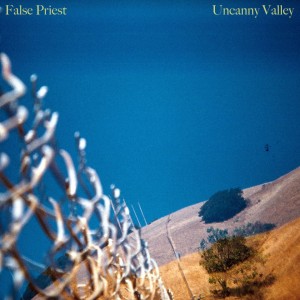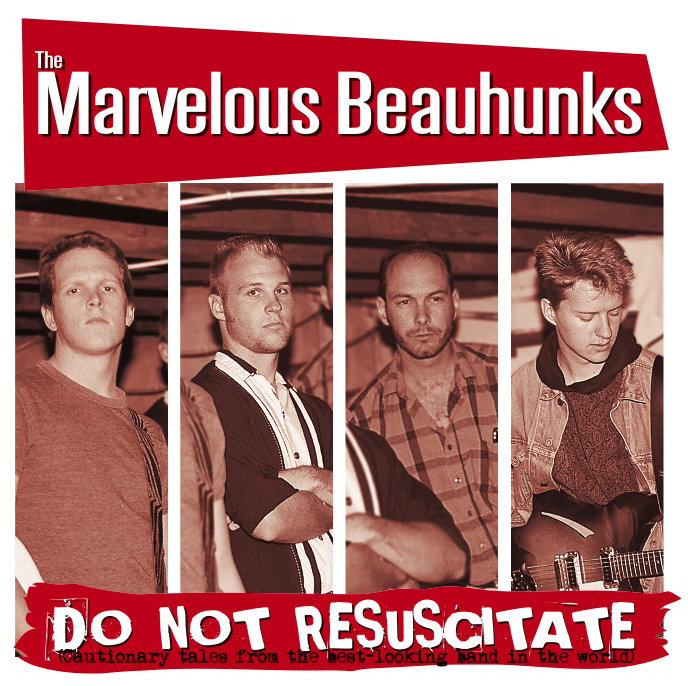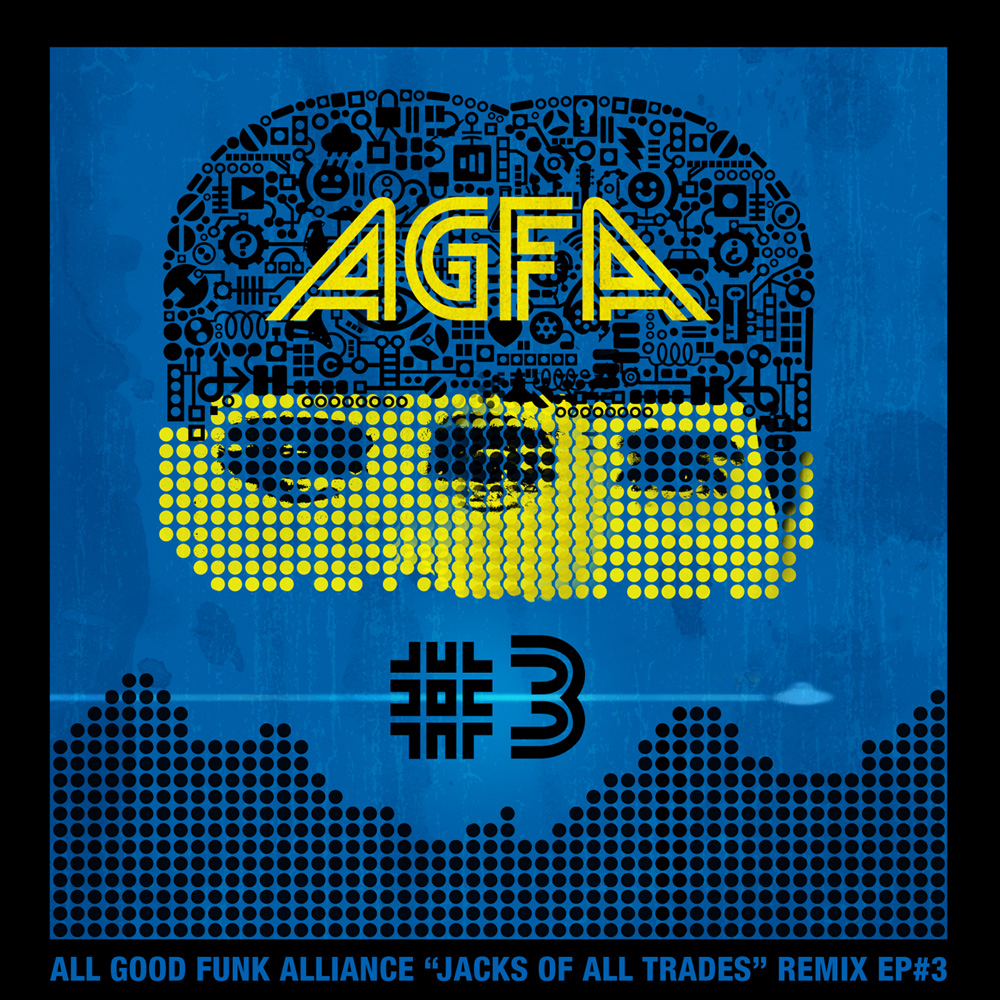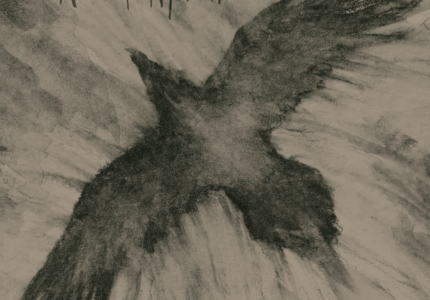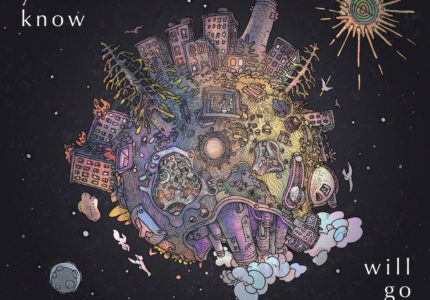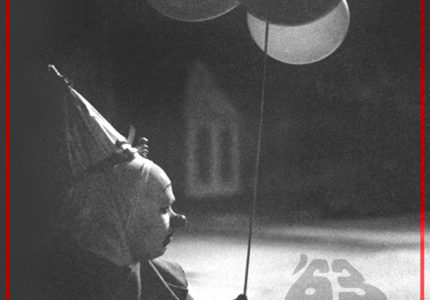-Greg’s Take-
Last year, and on a regular basis ever since, I listened to San Francisco based Handshake’s Sleeping, Snarling. When word came across that Evan Greenwald, guitarist and vocalist from aforementioned band, was headed to work on another project, I was eager to hear it, but admittedly, I was rather apprehensive at the same time. After all, what would the branch from such a well-rounded sound develop into?
False Priest, though including fellow Handshakians Sam Forester and Tyler English, is definitely a world all its own.
An Uncanny Valley is a digression in human comfort when faced with human likeness when it comes to human robotics (such as coming face to face with a humanoid robot that is not Bishop). For False Priest, Uncanny Valley isn’t the most beautiful thing I have ever gazed into, but I cannot look away and I certainly am not uncomfortable.
The nine track album seethes intellect as it bellows its story in dark lulls. Opening with “False Priest” and “Novato,” though instrumentally upbeat and fun, I was uncertain about the sound as they bounced against somewhat dark lyrics.
In light of what I just said, it will sound odd, but the moment I knew False Priest nailed it was the moment I heard “You Hang Lights From Yr Neck.” As Greenwald pours out angry, but heartfelt lyrics, everything comes together.
As it progresses on through the world wide love story of “The Internet” to the title track, the albums gains ground. “Cheer Up, You Miserable Kids” forms around heavy distortion in conjunction with a shredding solo, “Let Me Be Yr Mother” incorporates a tribal essence to a mellow rolling electric folk style as it sings “I’m not waiting for the weekend/cause that’s when my friends go drinking/and I swear one day they’ll come back with one fewer,” and “Rapid Eye Movement” strays into a Daniel Lindholm-esc plucking to cap the album off.
As I exit the Uncanny Valley I find myself contemplating the journey and coming to the realization that my hesitation was all for nothing. Though False Priest find solace in, as they call it, “Punk Wilco” their sound is dynamic, holds a dark edge and is overall a welcome diversity to the seemingly endless replication most bands try to pass off as original.
-Clay’s Take-
When an album has true power, it has the ability to transport you to a particular time in your life, even if it came out years later. Direct nostalgia is one thing, like how I can remember every detail of my warehouse job, the apartment I shared with three friends, a bad breakup, and my Dragonball Z obsession of 2001 when I hear The Fragile; but indirect nostalgia is grander, more conceptual.
For Uncanny Valley by False Priest, that concept spans decades but is firmly rooted in a musical crossroads for me. The minute I fire up the opener, the titular “False Priest,” I hear the clean guitar strumming, then the punk breakdown with Greenwald’s distorted drawl and I am instantly transported back to the early 90s. I am forced to remember eschewing the Pixies and My Bloody Valentine for Guns ‘N Roses and Red Hot Chili Peppers and am left saying “what the hell was I thinking?” The answer was as simple as I was only as good as my influences, but that is another article.
Uncanny Valley is the embodiment of that amazing time in music: “alternative” before the grunge movement got too big for its own good. The lyrics are dark without the false suffering of stardom, the rock is stripped down and raw, and the effort has been put into song creation rather than overproduction. It feels more like an intimate recording session rather than just throwing a side project out there. In a decade where you can compose symphonies on your iPad, False Priest is showing the beauty of “less is more” and capturing what made grunge so fantastic: it wasn’t what the sound was, but what it wasn’t.
The sound is choppy, fuzzy, punky, folky, twangy, and gritty. Evan Greenwald’s vocals sound like a four-car pileup of Black Francis, Peter Murphy, Conor Oberst and Colin Meloy. A good pileup, not a tragic Final Destination type.
Uncanny Valley is a stark look at the music that I wish I had spent my early formative years diving into rather than latter ones. It shows that the message of “alternative” is still out there and hasn’t been entirely lost to the mainstream. If you want to dive into something simple, beautiful and different, you have been given the chance. Rediscover a microcosm of the early 90s in the banner of False Priest.
–


